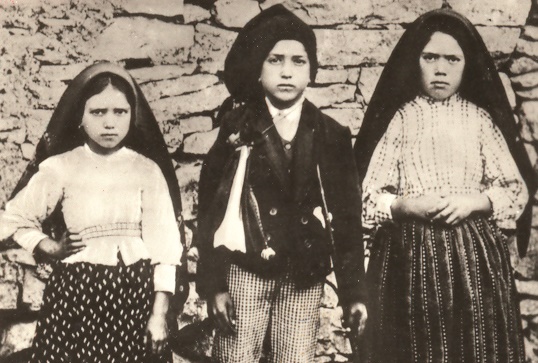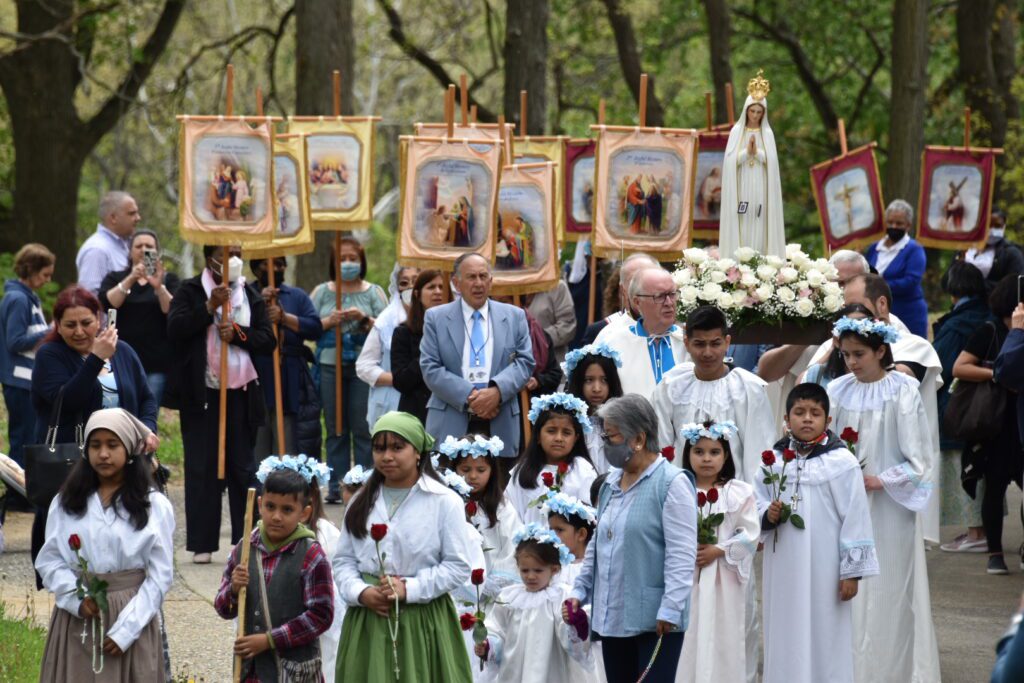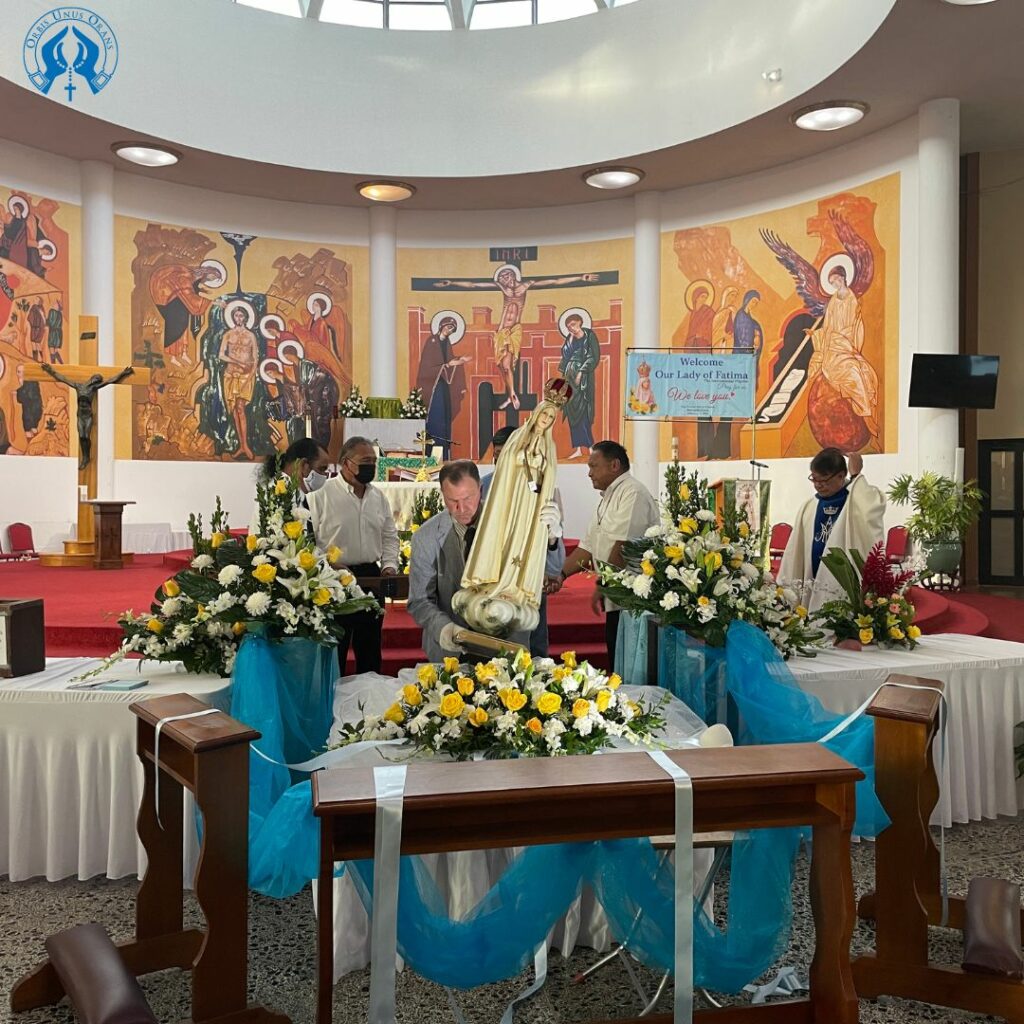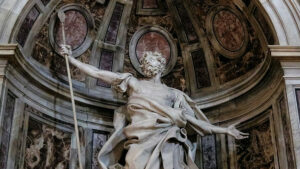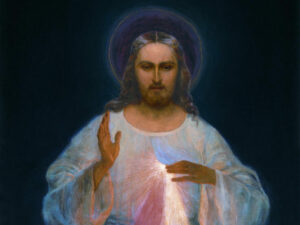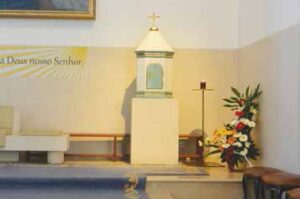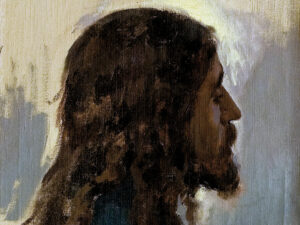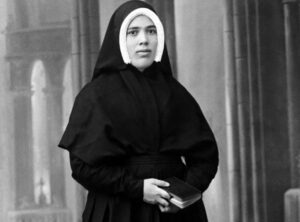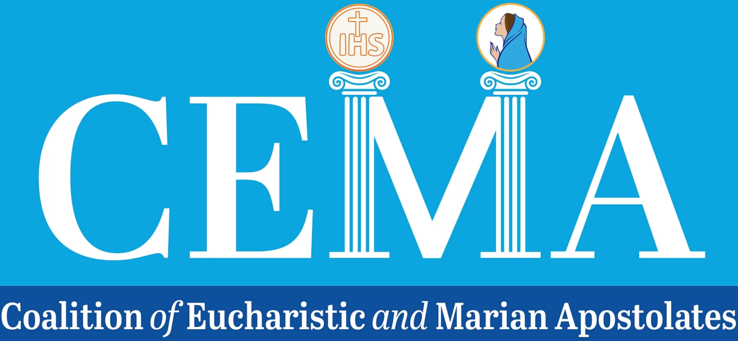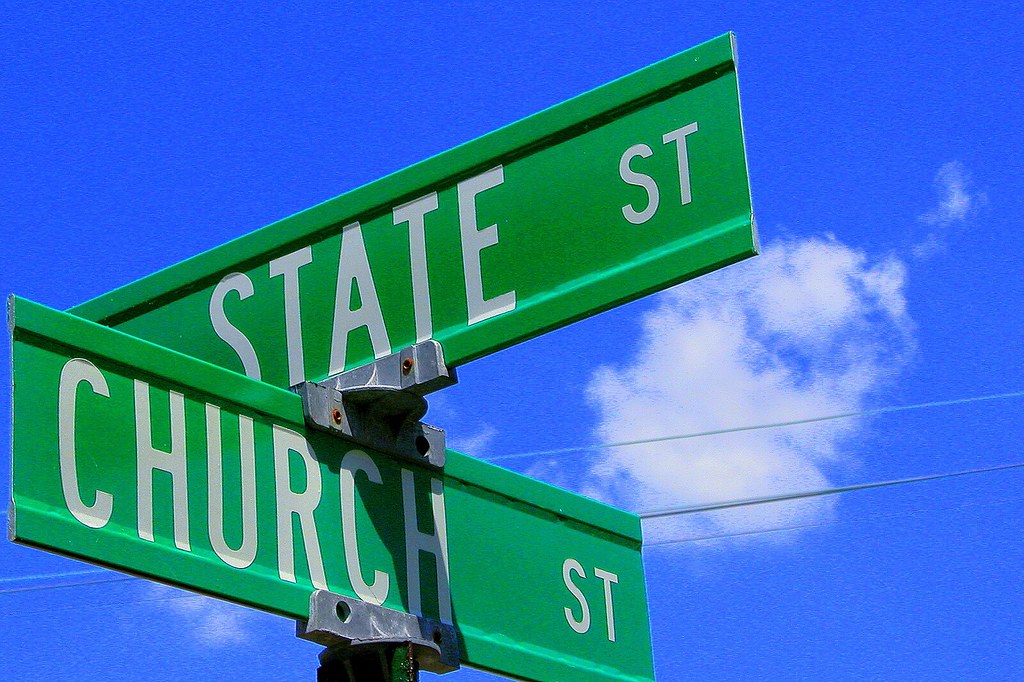
By David M. Carollo –
Kennedy v. Nixon
My earliest recollection of politics goes back to 1960 when John Kennedy faced Richard Nixon in the presidential race. The overwhelming subject seemed to be the fact that one candidate was Catholic, the first in the history of the nation. As a young child, I had no true understanding of politics. I do recall, however, the emotions surrounding this plebiscite. My parents, who were of like mind on things in general, differed greatly on the issue of who should lead this nation. My father, a member of the Knights of Columbus, the Holy Name Society and active in parish life, felt this was our turn as Catholics to lead. Not to mention he was thrilled this man, poised to take the reins of power, was also his contemporary from the WWII generation. To him, Kennedy was the man.
My mother, who was rarely seen without a rosary in her hands, took what I came to realize was a more rational approach to this selection. Based less on emotion, she was always aware of the threat from Communism as an active member of the Blue Army, which was founded as a Blue Army of prayer to counter the Red Army of atheistic Communism. She felt that Mr. Nixon had been a strong advocate against this global threat in Congress and as Vice-President. This was her man.
Church & State Go Hand in Hand
In 1960, there was no real difference in how each major political party viewed moral issues. The family unit was intact and the dialogue regarding sexuality which dominates the debate today was unheard of. The parties, at least on the surface, were center left and center right with overall patriotism as the common denominator. Underneath the surface, there was this time bomb of the cultural and sexual revolutions which would explode later in the decade, but at this time, our society was defined by such television shows as Leave it to Beaver and The Donna Reed Show. America was floating on the post WWII high of prosperity and global influence.
Religion and ideology play a major role in decision making no matter what people say. If my faith does not direct my actions, I am not worthy to be called a member of any congregation. I have always chuckled at the now famous positions of numerous politicians who, for example, state that they are against abortion but support laws that allow it, hiding behind the false position that despite their personal opposition to the practice, they must support a right to practice it. If you are morally opposed to something, you direct your energy to oppose it. Anyone who states otherwise is disingenuous.
Politicians have always attached themselves to religion and ideology. Richard J. Daley, who was Mayor of Chicago from 1954 until his death in 1976, began many days with Mass in his Bridgeport neighborhood. Some questioned if he attended out of great faith or if he did so to be seen as a devout Catholic in the eyes of those who held this as important. This was a city in which Catholics were a large voting bloc. Please do not take my statement to disrespect this man’s faith; only God knows the true motivation for any of our actions, but his attendance was seen by many as a statement that he was one of us. It certainly did not hurt him politically. His son Richard M. Daley, who became mayor in 1989 and held the office until 2011, participated in different activities which his late father would eschew such as the gay rights parade in the city. Many saw this dichotomy as two individuals understanding the demographics of their respective times.
An Attempt to Separate Church and State
Today there is the greatest hypocrisy in how politicians and voters skirt their faith to govern their actions in the political realm, more accurately, to find certain teachings of their church to justify support for those who may violate other teachings. There is a reality that religion, or anti-religion and the teachings of these creeds, must be the motivating factors of political choice. A taste or distaste for an issue or candidate drives us to support or reject these. Separating church and state is like attempting to separate God given animation of life from the corporal makeup of the body. Viewing a body at a wake or funeral, we know that we see before our eyes the “remains” of the person, not them in their entirety. In the political realm, without the life of your religious beliefs as a guide, you become like that body at a funeral, lacking a soul.
During the 1960 campaign, Mr. Kennedy, in his famous speech in Texas to the Greater Houston Ministerial conference, effectively was forced to assure the audience that he would not be taking orders from the Pope in governing the nation. Many Catholics saw this as a rejection of his Faith. His being met with some hostility shows that in their questioning, the audience was not separating church from state.
An Impossibility
Our troubles today stem from the triangulation that has become the dance of the politician – hiding behind a truly non-existent separation of church and state. Our constitution only prohibits the establishment of a national religion. Those who risked the journey to the New World came not to deny religion and ignore the tenets of their respective faiths, but to build communities based on these creeds. To say that religion did not enter the political debate is without substance. As Catholics, especially those of us who follow the directives given at Fatima, we must always work to change the world. We do this in the political realm by applying our faith to our choices.
In his 1961 inaugural address, Mr. Kennedy challenged the nation with this statement: “Ask not what your country can do for you, ask what you can do for your country.” What we can do for our country is make our political choices as our Faith truly requires us to do, in accordance with the laws of God.
God bless you and Mary keep you in her Immaculate Heart.
PS: If you would like to comment on this article or to contact me, I can be reached at [email protected].
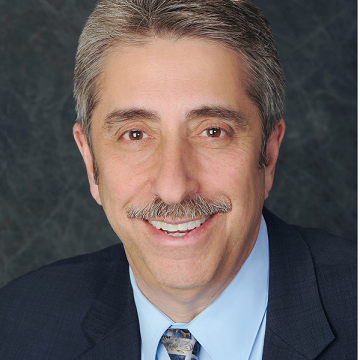

David M. Carollo is the Executive Director of the World Apostolate of Fatima USA/National Blue Army Shrine. He wrote this for his Voice of Fatima column.


